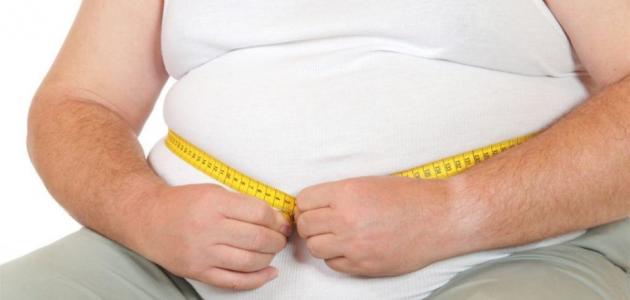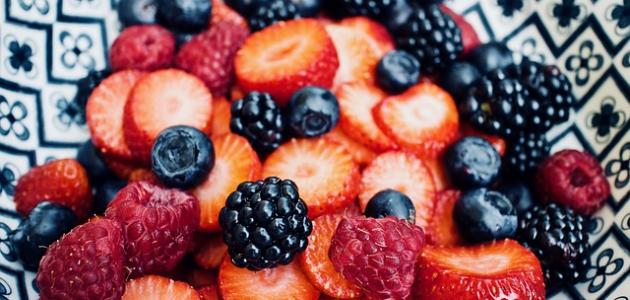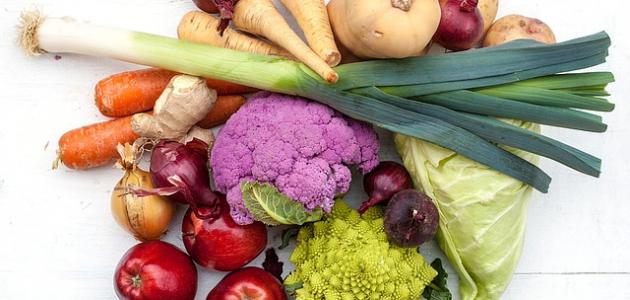Balanced Food
A balanced diet is known as the system that provides sufficient quantities of all the nutrients that the human body needs to stay healthy without exceeding the recommended daily calories. It should be noted that developing a plan for a healthy and balanced diet enables the person to obtain all the nutrients he needs, Losing excess weight, it also contributes to reducing the risk of heart disease and other diseases.
How to organize food
Components of a balanced diet
The basic principles of balanced diets are similar, but balanced and varied diets differ based on the difference in people’s needs, which depend on gender, age, lifestyle, and physical activity. The culture of the region in which the person lives, the foods available in it, and their eating habits may also affect In an individual’s diet, according to the recommendations of the United States Department of Agriculture, a balanced plate of food should contain half of it vegetables and fruits and the other half of it should contain grains and proteins. It is also recommended that meals be served with low-fat dairy products in order to obtain the nutrients contained in them. In general, healthy food depends mainly on the diversity of eating foods that are divided into five food groups, which are vegetables, legumes, fruits, grains, milk, cheese, dairy and their alternatives, in addition to the group of lean meats, chicken, eggs, fish, nuts and seeds, and in the following we mention Benefits of each group:
Read also:Benefits of apple cider vinegar for weight loss- Vegetables: It is recommended that vegetables be an integral part of most meals during the day, due to their low calorie content and their richness in beneficial nutrients and fiber.
- fruits: It is an essential source of natural sugar, and it also contains many micronutrients and antioxidants that support health.
- Meat and fish: Which is the primary source of proteins in the human diet.
- Nuts and seeds: It is one of the best sources of abundant fats, which contain micronutrients.
- eggs: Eggs are one of the best and most beneficial foods, as one egg contains a mixture of proteins, healthy fats, and micronutrients.
- Dairy products: Dairy products and milk are rich sources of protein and calcium and are low cost at the same time.
- Healthy carbohydrates: Foods that contain whole starches, such as potatoes and quinoa, are healthy foods for people who do not follow a low-starch diet.
- Legumes: Which is a rich source of fiber, proteins, and micronutrients.
- Drinks: It is recommended to drink water to obtain most of the fluids that the body needs daily, and it is also possible to consume moderate amounts of other drinks such as coffee and tea.
- Herbs and spices: Which are often rich in nutrients and beneficial plant compounds.
The recommended number of food servings
The following table shows the recommended food portions for a 2000-calorie diet:
Read also:Diet for gastrointestinal patients| food group | Number of shares |
|---|---|
| Vegetables | Two and a half cups |
| fruits | Cuban |
| Grain | 170 grams |
| Proteins | 156 grams |
| Dairy products | 3 Mugs |
Number of meals
The amount of food a person needs, as we mentioned previously, depends on a number of factors such as height, age, gender, health condition, nature of work, physical activity, body size and composition, environmental factors, and medications that the person takes. It is worth noting that the number of meals is not important; However, the nutritional elements that meals contain is the most important, especially if a person wants to reduce the risk of heart disease and other health problems associated with weight gain. Therefore, eating a larger number of meals will not increase the burning of calories, and will not help in losing weight, despite Therefore, it is important to avoid starving the body and focus on distributing calories throughout the day, not skipping any of the main meals, and other things that help lose weight and stay healthy.
Read also:Benefits of boiled parsley for slimmingMeal times
It is recommended to set fixed times for eating meals during the day, which makes the body anticipate the time of eating breakfast, lunch, and dinner, while it is also recommended to eat healthy and quick snacks when a person is forced to delay his main meal, as planning and preparing daily meals helps in obtaining Good nutrition, and reduces the excessive feeling of hunger that leads to eating large amounts of food, and thus gaining excess weight, and the main meals can be eaten during the day within certain times according to ability, which we explain in the following:
- breakfast: Breakfast is the first meal of the day after a whole night of not eating, and it is important to provide the necessary energy that a person needs during the beginning of his day. It is preferable to eat this meal within an hour of waking up, so that it is not too close to the time of the next snack.
- the lunch: It is preferable to eat lunch approximately 4 to 5 hours after breakfast. If you have to postpone lunch, it is preferable to eat a light meal that includes both protein and carbohydrates.
- the Dinner: Most people tend to eat large amounts of food at dinner, because they do not eat sufficient amounts of food throughout the day, which is wrong. What is more correct is to commit to eating dinner 4 or 5 hours after lunch, or to delay it for some hours and eat Snack until then.
General tips for maintaining healthy food
- Limit sugar intake: A healthy diet requires that the amount of sugar consumed does not exceed more than 10% of the total daily calories, and more health benefits can be obtained when reducing this percentage to 5% or less.
- Reducing salt intake: Reducing salt consumption to less than 5 grams per day helps reduce the risk of high blood pressure, heart disease, and strokes.
- Make sure to eat breakfast: Skipping breakfast may lead to people wanting to eat large amounts of food for later meals or snacks, as well as wanting to eat unhealthy, unplanned foods in their diet.
- Reducing the purchase of unhealthy snacks: Committing to healthy food may be more difficult when a person is surrounded by unhealthy foods, so healthy, light foods should always be on hand.
- Control emotional eating: Which is known as people eating large amounts of food when feeling psychologically stressed, sad, or lonely, and not because of feeling hungry. It is advised to learn healthy and correct ways to control stress and emotion instead of resorting to emotional eating.
- Use small dishes: It has been shown that the size of food plates affects the amount a person eats. Eating food on large plates may make a person feel that the food is scarce and prompt him to eat larger quantities, unlike what food appears to be on smaller plates.
- Drink more water: Drinking a lot of water reduces the risk of dehydration, and it is generally recommended to drink 6 to 8 cups of water daily, in addition to other liquids coming from food.
- Combine nutrition with other healthy habits: As correct nutrition is one of the parts of a healthy lifestyle, the following are some other elements that contribute to achieving a healthy lifestyle:
- Increase physical activity: Exercising in addition to eating healthy food contributes to reducing the risk of disease and improves overall health.
- Avoiding smoking: Smoking is a bad habit that increases the risk of heart disease and cancer of the mouth, throat, and lungs. It is also one of the main factors for developing emphysema and chronic obstructive pulmonary disease. .
- Sleeping for sufficient hours: Not getting enough hours of sleep may lead to appetite disorders, such as increased appetite and eating larger amounts of food, which leads to gaining excess weight.









